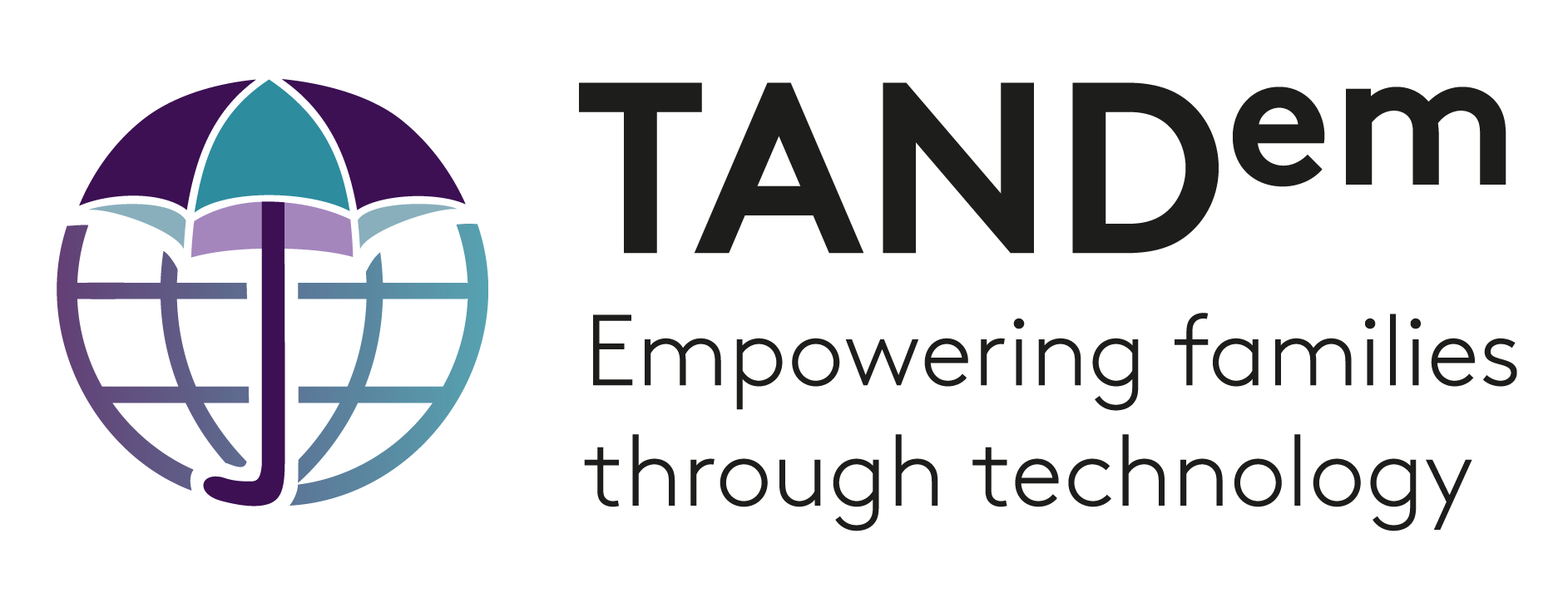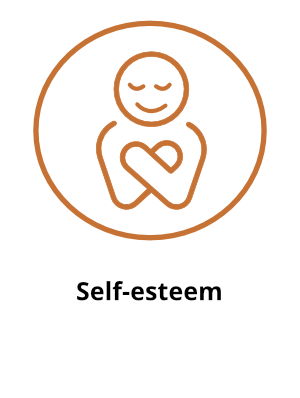Psychosocial Cluster
Home > TAND Clusters > Psychosocial > What to do > Wellbeing and quality of Life
Wellbeing and quality of life
Monitoring quality of life
Comprehensive care includes close monitoring of your and your family’s quality of life and wellbeing using standardised tools. Better quality of life can manifest in more social interests, less negative feelings and concerns and less restrictions in physical activities. You can monitor your quality of life using one of the online scales in one of the links provided in the resource panel. You will find translations to almost all languages for the World Health Organization Quality of Life (WHOQOL) scale.
Self-care tips for caregivers
Caring for yourself is one of the most important things you can do for your loved one with TSC. Yet it is usually the last priority for caregivers due to the ongoing high demands of caregiving. While it may be really challenging to find time and energy to look after yourself when you are caring for a person with TSC, we want to encourage you by emphasising how important self-care is. You cannot control the journey TSC will take you on. Caring for yourself is one of the few things you do have some control over and we encourage you to make this a priority in your life.
The fact sheet in the resource panel gives more information on the effects of caregiving on health and wellbeing. This fact sheet also gives a number of tools for taking care of yourself including: reducing personal stress, setting goals, seeking solutions, communicating constructively, asking for and accepting help, talking to your doctor, starting to exercise, and learning from your emotions. In the resource panel you can also find links to websites with strategies and exercises for self-care of caregivers.
Mindfulness
[positivepsychology.com]
Acceptance and Commitment Therapy: 21 ACT Worksheets
[positivepsychology.com]
Talking about body, sex and sexuality
Adolescence is a time of growth and change – physically, emotionally, intellectually and socially. It can be a difficult and challenging time for all young people, but especially for young people with TSC. Puberty and sexual development is an important milestone for adolescents, but one parents and carers can find difficult to have conversations about. Young people need accurate information to help them navigate sexual development and relationships responsibly and safely. In the resource panel you can find links to websites with tips and information to help adolescents and young adults with TSC with these issues.
Social support
We know of the importance of relationships in our life and the need for strong support networks. This is especially important for someone who might be vulnerable because of disability. Many of us have friends or informal networks that we rely on when we need advice, when we are in crisis and when we want to share our triumphs. For many people with TSC, these typical connections may not exist automatically and need facilitation. In the resource panel you can find links to websites with some tips on how to maximise your or your relative’s social support, social participation, social skills, friendship and other relationships.









